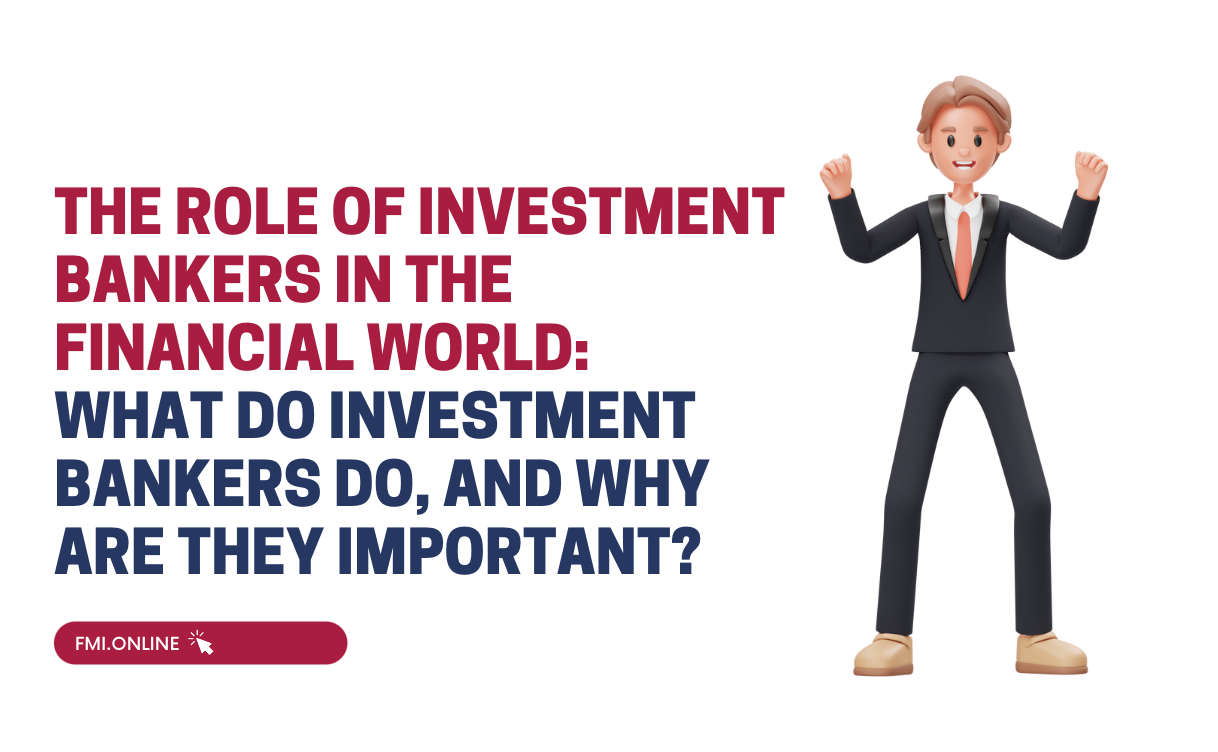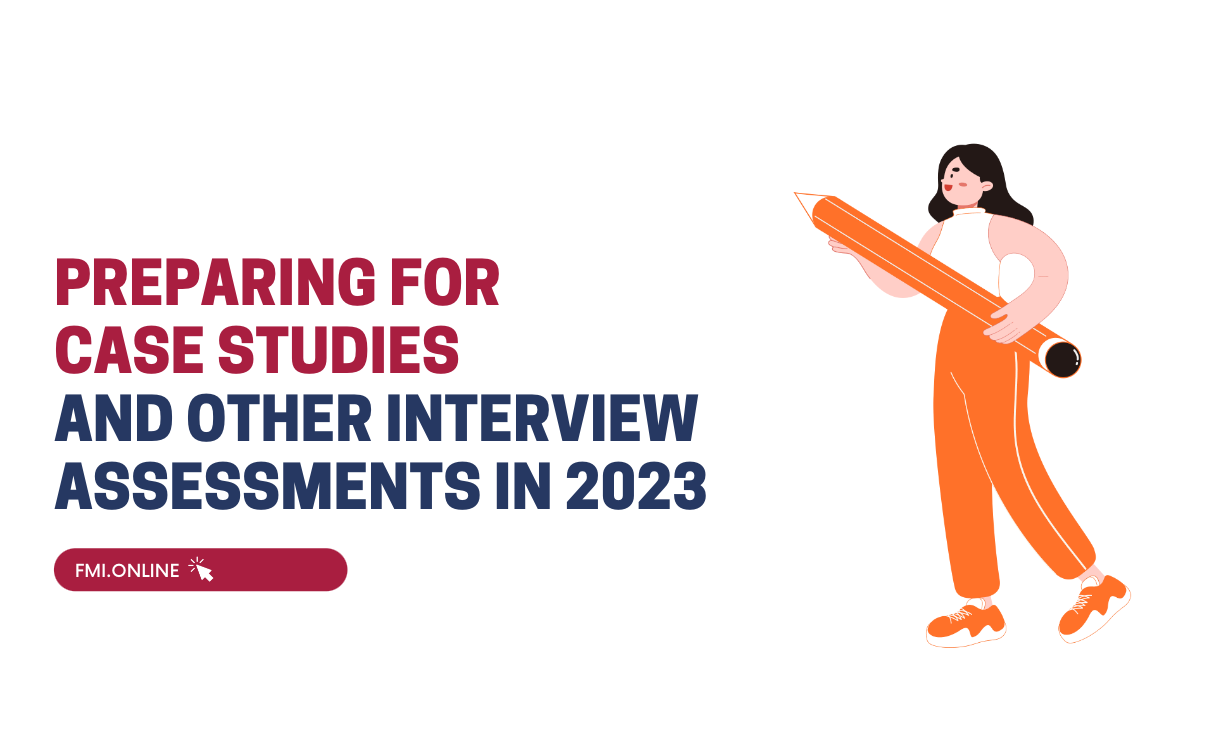If you’ve kept your ears piqued to industry trends, you would know that ESG has been the talk of the town. Environment, social, and governance or ESG is a set of non-financial factors that investors are increasingly using to assess companies on their sustainability and social responsibility. Particularly, each of the three aspects address the following:
What is ESG
Environmental: How a company’s policies contribute to environmental protection. For example, what is the company actively doing to combat climate change?
Social: How a company manages its social obligations such as those towards its customers, employees, the community, and other stakeholders. For example, does the company use fair pay metrics?
Governance: How is the company’s leadership, executive pay, audits, shareholder rights and so on.
Roles in ESG
Since ESG has become an integral criteria for socially-driven investors, it also must be taken seriously by anyone working or looking to work in the finance and investment banking industries. If you’re an aspirant, having essential ESG-related skills can help set you apart.
In fact, today you can also forge a career as an ESG analyst whose job is to perform due diligence on a business activity or project in terms of ESG factors and offer financial advice. This can include evaluating the environmental impact of a project, sustainability of a venture, public opinion around a company’s activities, etc. Here are also some certifications you can get to gain important knowledge around ESG:
Education for ESG Roles
1. CFA Institute’s Certificate in ESG Investing: This program is for those looking to work in the finance or asset management sector. It is also approved by the UN Principles for Responsible Investment. It is great for building a foundation of ESG if you’re looking to start out. It explains each factor and its implications and has no minimum criteria to enrol. It requires approximately 130 hours of study.
2. The EFFAS’ Certified ESG Analyst (CESGA) is another program, which will help you become a Certified ESG Analyst. It is a diploma program that can equip you with advanced knowledge of ESG and its practical applications.
3. Further, universities too are recognising the need for ESG and introducing programs in this domain:
- The University of Cambridge, for example, has introduced short and online courses such as this one on Business and Climate Change
- Oxford offers an MSc in Environmental Change and Management
- The University of Edinburgh also offers postgraduate degrees in Energy & Climate, and the Environment & Society
- In the U.S., Harvard University offers a $1,920 online course on Sustainability and Impact Investments
Other skills needed to work in ESG
While most skills to work in the ESG sector are the same as one would need to work in investing or finance, experts recommend starting early through an academic background in sustainable business or social impact. You should also consider building on these additional skills through relevant work experience:
- Ability to collaborate and work with investment teams
- Solid communication skills
- Knowledge of all relevant ESG regulations (such as GDPR guidelines)
- A strong value for ethics
- Analytical skills
Conclusion
Environmental, social, and governance or ESG might sound like a buzzword, however, its impact and importance is visible in current events and industries. For example, with climate change events such as the extreme heat wave in the UK or wildfires in California, ESG enthusiasts are increasingly interested in what companies are doing to manage these key issues as well as to evaluate whether an organisation’s activities contribute to them.
Investors are regularly rating potential investment options on ESG criteria and making their decision based on how well a company performs. Hence, it wouldn’t be a stretch to say that the role of ESG in investment banking and the financial services sector is set to expand. In this case, it would be a smart move to educate yourself in this field as an IB or finance aspirant and take adequate measures to differentiate yourself as an ESG specialist.












 60+ hours
60+ hours 9 courses
9 courses



